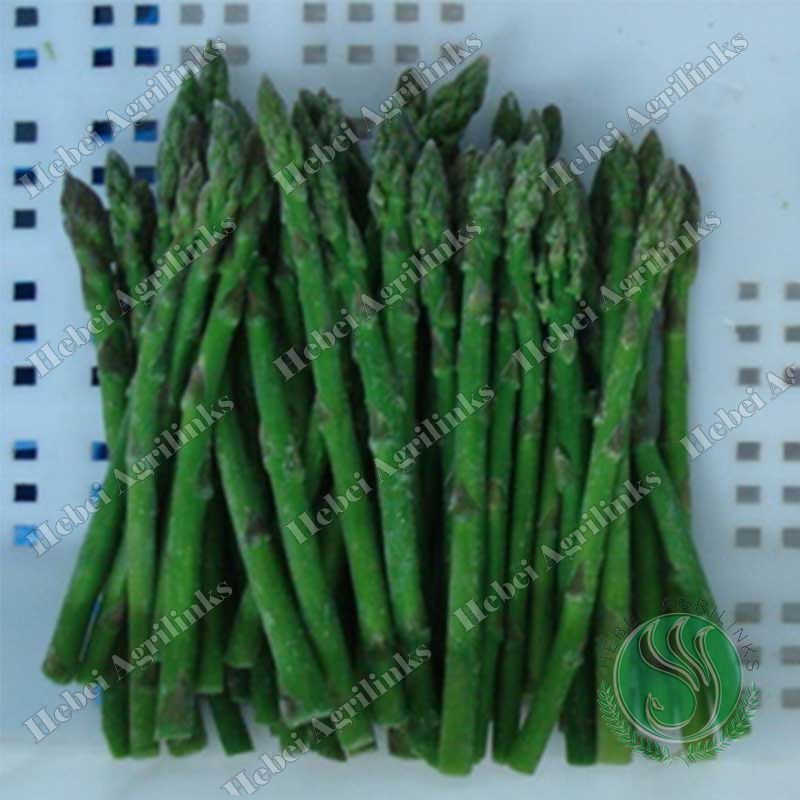What are Advantages and Disadvantages of frozen vegetables?
Frozen vegetables have become a popular choice for individuals seeking convenience and a longer shelf life while still incorporating essential nutrients into their diet. In this article, we will delve into the advantages and disadvantages of frozen vegetables, helping you make an informed decision when considering them as part of your culinary repertoire.
Advantages of Frozen Vegetables:
Retention of Nutritional Value:
Frozen vegetables are typically processed shortly after harvesting, which helps preserve their nutritional content. Freezing vegetables can lock in essential vitamins, minerals, and antioxidants, ensuring that they retain their nutritional value even after an extended period.
Convenience and Availability:
One of the primary advantages of frozen vegetables is their convenience. They are readily available in grocery stores throughout the year, regardless of the seasonal availability of fresh produce. This accessibility allows individuals to incorporate a variety of vegetables into their meals without compromising on taste or nutritional intake.
Longer Shelf Life:
Compared to fresh vegetables, frozen vegetables have a significantly longer shelf life. Properly stored frozen vegetables can remain edible for months, allowing for less frequent grocery trips and minimizing food waste. This advantage is particularly beneficial for individuals with busy lifestyles or those living in areas with limited access to fresh produce.
Reduced Prep Time:
Frozen vegetables often come pre-cut, pre-washed, and blanched, which reduces the preparation time in the kitchen. This convenience can be especially appealing to individuals who desire a quick and easy way to add vegetables to their meals or those who have limited time for food preparation.
Disadvantages of Frozen Vegetables:
Texture Changes:
One of the main drawbacks of frozen vegetables is the potential alteration in texture. Freezing can cause cell damage, leading to changes in the vegetables' texture once thawed and cooked. Some vegetables may become softer or mushier, which might not be desirable for certain dishes or personal preferences.
Flavor Variations:
While frozen vegetables retain their nutritional value, there can be slight variations in flavor compared to fresh counterparts. Freezing can affect the taste and overall sensory experience of vegetables, potentially leading to a less vibrant flavor profile. However, the impact on flavor largely depends on the specific vegetable and individual taste preferences.
Potential Nutrient Loss:
Although frozen vegetables preserve their nutritional content well, some loss of certain heat-sensitive nutrients, such as vitamin C and certain B vitamins, can occur during the blanching and freezing processes. However, the extent of nutrient loss is generally minimal and varies depending on the vegetable and storage conditions.
Dependency on Freezing Equipment:
To maintain the quality of frozen vegetables, it is necessary to store them in a freezer at the appropriate temperature. This dependency on freezing equipment can be a disadvantage for individuals who lack access to reliable freezing facilities or during power outages or equipment malfunctions.
Conclusion:
Frozen vegetables offer numerous advantages, such as retained nutritional value, convenience, longer shelf life, and reduced prep time. They provide a viable alternative to fresh vegetables, particularly during off-seasons or when faced with limited access to fresh produce. However, it's important to consider the potential texture changes, flavor variations, and slight nutrient loss associated with freezing. By understanding the advantages and disadvantages, individuals can make informed choices that align with their dietary needs, preferences, and circumstances.




